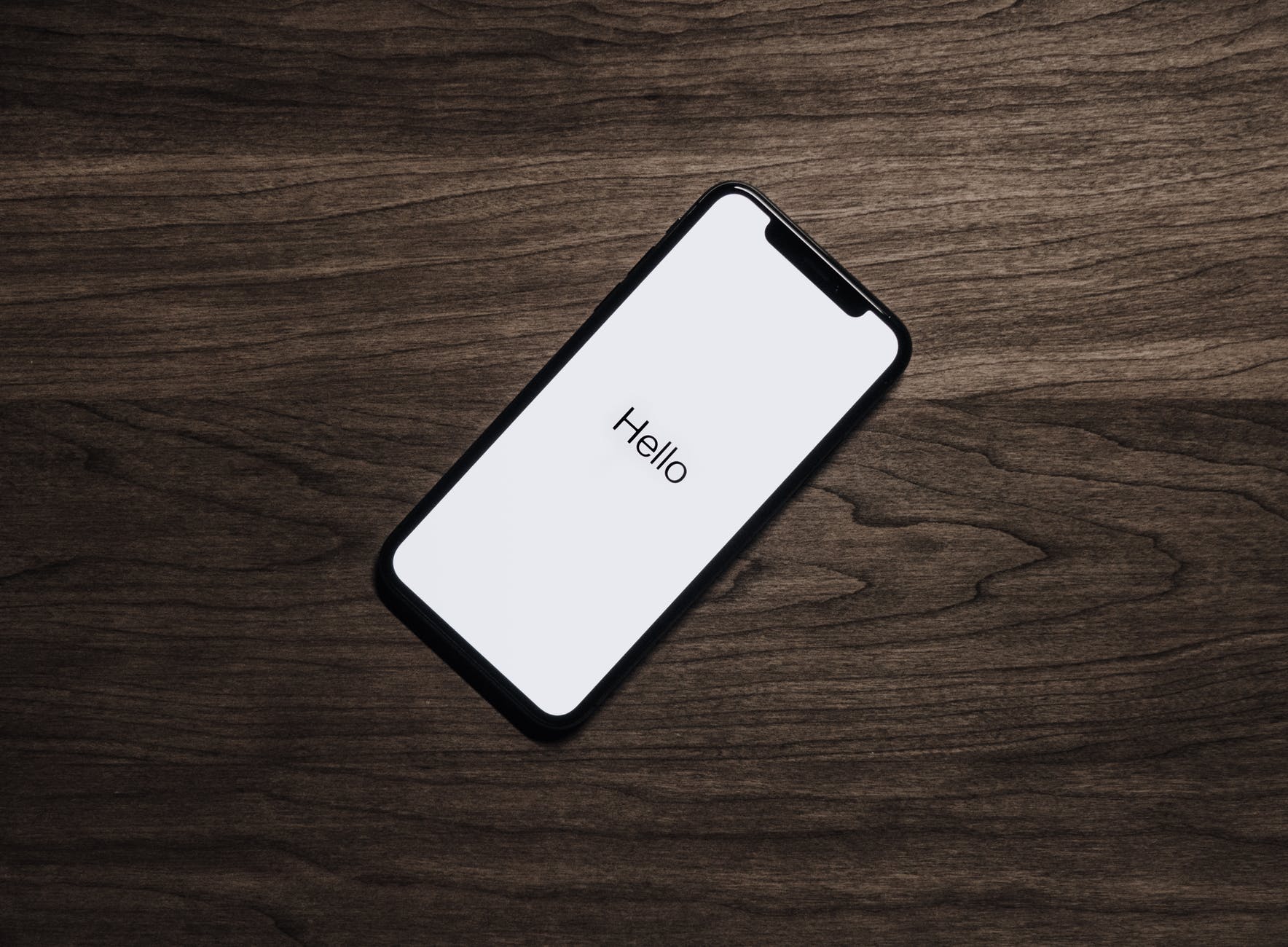Estimated reading time: 3 minutes
The chances are good that your phone is the most valuable item on your person at any one time. It’s also a means of accessing sensitive data about every aspect of your life. Accidental damage, theft, and hackers all pose threats of some kind. If you want to avoid these problems, then taking a few extra precautions is advisable.
But what do those precautions look like? Let’s take a look at some of the things you might do.
Lock your Phone
If you leave your phone unlocked, then you’re asking for trouble. Anyone who picks the phone up might be able to go through your contacts and messages, and access your personal data. In some cases, you might not even be aware that the intrusion has taken place.
Location-based unlocking will allow you to keep your phone locked while you’re out, while keeping it open while you’re in. This will make secure behaviour that much easier, and give you a nudge in the right direction.
Get a VPN
If you’re accessing public WiFi, then a Virtual Private Network is a must. It works by encrypting everything you send, and routing it through a different location. This ensures that your location is masked from any online snoopers who might want to trace your activities. A VPN will also allow you to access foreign versions of services like Netflix, too, so they’re not just worthwhile from a security perspective.
Insure your Phone
Smartphones benefit from specialised insurance. The manufacturer might offer this directly, or you might get it from a dedicated third party. Smartphone insurance will replace your handset like-for-like in the event that it becomes damaged. But they can’t restore any lost data, which is why it’s important to back up regularly.
Backup your data
If you backup your data to a secure cloud server, then you’ll be able to restore your phone in the event of a theft. Make sure that your means of backing up is secure, and protected by several authentication features. Automatic scheduled backups will help you to stay on top of this task without having to actually make a habit of it. The methods for doing this differ slightly from iOS to Android.
Be Wary of Unfamiliar Apps
If you’re installing a new app, then make sure you get it from the official Google or Apple app stores. If you’re on Android, then you might have the flexibility needed to obtain an app from a third party. But these apps can sometimes provide unscrupulous hackers with a way into your phone. Be especially wary when a new app asks for a permission that it doesn’t strictly need. Is there any reason for you to give away your contacts to a calorie-tracking app?
Share this content:
